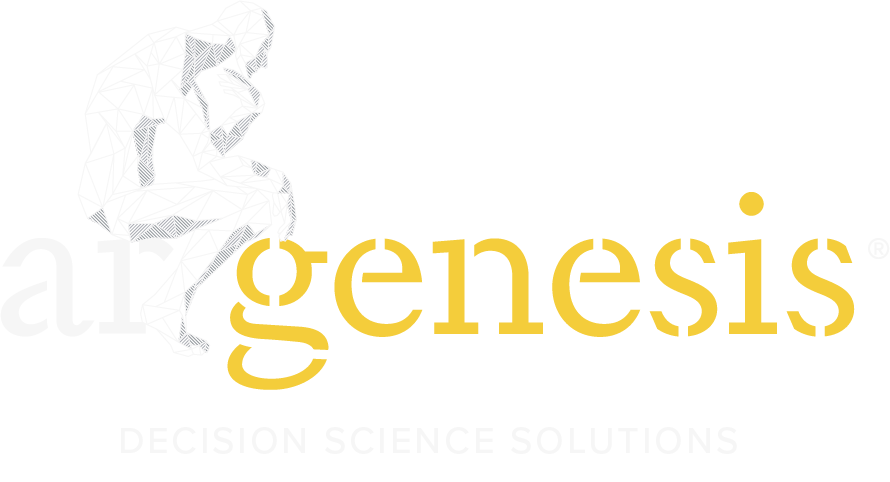As we move into the second week of February 2025, the insurance industry is grappling with a critical challenge: how to harness the power of artificial intelligence while ensuring ethical practices and maintaining public trust. This week, we explore the growing importance of ethical AI in insurance and its implications for insurers, policyholders, and regulators.
The Need for Ethical AI in Insurance
As AI becomes increasingly integral to insurance operations, from underwriting to claims processing, the need for ethical guidelines and practices has never been more pressing.
Key Drivers of Ethical AI:
-
Regulatory Pressure: Governments worldwide are implementing stricter regulations on AI use in financial services, including insurance.
-
Consumer Trust: Policyholders are demanding greater transparency and fairness in AI-driven decisions affecting their coverage and premiums.
-
Reputational Risk: Insurers recognise that unethical AI practices can lead to significant reputational damage and loss of market share.
Core Principles of Ethical AI in Insurance
The industry is coalescing around several key principles to guide the ethical use of AI.
Fundamental Ethical AI Principles:
-
Transparency: Ensuring AI decision-making processes are explainable and understandable to both regulators and policyholders.
-
Fairness: Preventing bias in AI algorithms that could lead to unfair treatment of certain groups or individuals.
-
Privacy: Protecting policyholder data and ensuring AI systems respect data privacy regulations.
-
Accountability: Establishing clear lines of responsibility for AI-driven decisions within insurance organisations.
Challenges in Implementing Ethical AI
While the benefits of ethical AI are clear, insurers face several challenges in its implementation.
Key Implementation Challenges:
-
Balancing Innovation and Ethics: Insurers must find ways to innovate with AI while adhering to ethical guidelines.
-
Technical Complexity: Ensuring fairness and transparency in complex AI models can be technically challenging.
-
Regulatory Compliance: Keeping pace with evolving regulations around AI use in insurance across different jurisdictions.
ARGenesis: Championing Ethical AI in Actuarial Technology
At ARGenesis, we’re committed to developing and implementing ethical AI solutions that drive innovation while maintaining the highest standards of responsibility and transparency.
ARGenesis’s Approach to Ethical AI:
-
Transparent AI Models: Our GenieAPP and custom solutions prioritise explainability, allowing clients to understand the rationale behind AI-driven insights.
-
Fairness Testing: We employ rigorous testing methodologies to identify and mitigate potential biases in our AI models.
-
Privacy-Preserving Techniques: Our solutions incorporate advanced techniques like federated learning to protect policyholder data privacy.
The Future of Ethical AI in Insurance
Looking ahead, several trends are set to shape the landscape of ethical AI in insurance:
-
AI Auditing: Independent auditing of AI systems for ethical compliance is likely to become standard practice.
-
Ethical AI Certifications: Industry-wide certifications for ethical AI practices may emerge, similar to cybersecurity certifications.
-
Collaborative Ethics Frameworks: Insurers, regulators, and tech companies may collaborate to develop comprehensive ethical AI frameworks specific to insurance.
In conclusion, as AI continues to transform the insurance industry, ethical considerations are becoming paramount. Insurers that prioritise ethical AI practices will not only comply with regulations but also build stronger trust with their customers and gain a competitive edge in the market.
Are you ready to embrace ethical AI in your insurance operations? Discover how ARGenesis can help you implement responsible AI solutions that drive innovation while maintaining the highest ethical standards. Let’s build a more transparent and fair future for insurance together.
